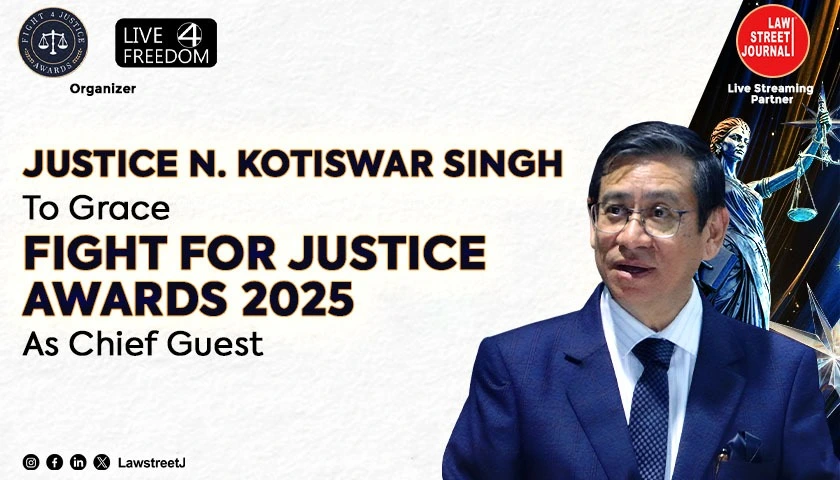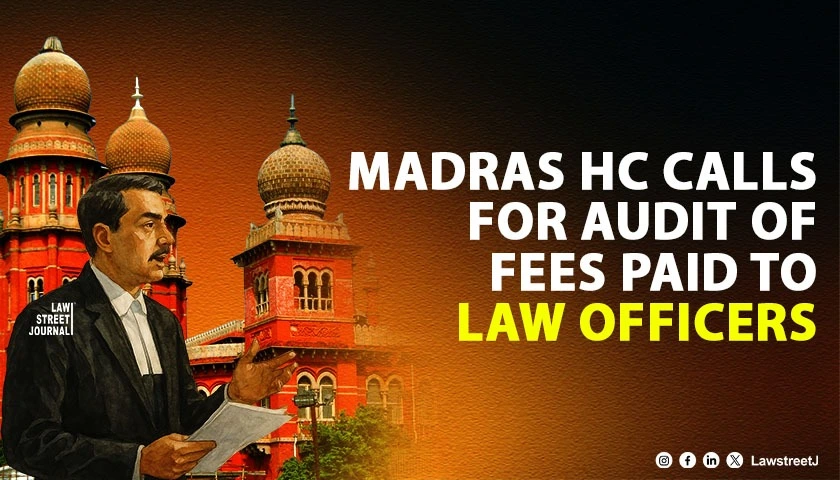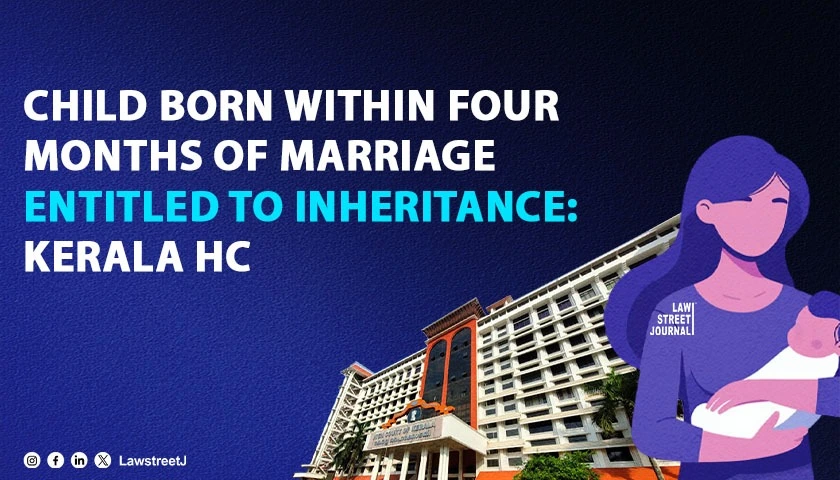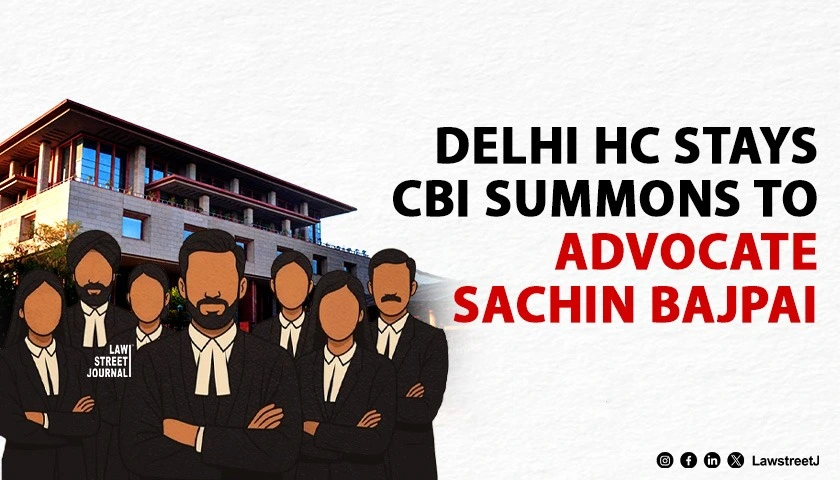May 1st, 2020: The Union Ministry for Home Affairs issued a fresh set of guidelines for phase three of nationwide lockdown which will be effective for 2 weeks from May 4, 2020.
In cognizance of the increasing COVID-19 cases and risk profiling, areas across the country are demarcated into Red (hotspots), Green, and Orange Zones. Additionally, substantial relaxations are allowed in Green and Orange Zones.
Criteria for Definition of Zones:
The touchstone for recognition of districts as Red, Green, and Orange Zones have been illustrated and defined in the letter dated April 30, 2020, issued by the Ministry of Health and Family Welfare, Government of India.
The Green Zones are defined as the districts either, without any proven cases of the novel coronavirus till date; or, no confirmed case in the last twenty-one days. The recognition of districts as Red Zones will take into consideration the total number of active COVID-19 cases, the doubling rate of proven cases, the scale of testing, and surveillance evaluation from the areas.
Those zones, which are neither described as Red nor Green, shall be classified as Orange zones.
The restraints given under the new guidelines issued under the Disaster Management Act, 2005 are the following:
Restrictions in all zones-
- All forms of public transport metro, air, mail, and inter-state movement by road.
- Schools, colleges, and other educational and training/coaching institutions.
- Social, political, cultural, religious gatherings, and all places of worship.
- Places of large public gatherings such as malls, cinema halls, sports complexes, and gymnasiums.
- Hospitality services, including hotels and restaurants.
However, the movement of individuals by road, rail, and air is granted for specific purposes, and for purposes as allowed by the Ministry of Home Affairs.
Movement of all individuals for unimportant and non-essential reasons will continue to be strictly restricted between 7 PM to 7 AM. Local governments and authorities are to release pertinent orders under Section 144 of the Code of Criminal Procedure, 1973 for this purpose.
In all three zones, persons above the age of sixty-five years of age, pregnant women, children below the age of 10 years, and persons with co-morbidities shall remain at home, other than situations like meeting important and essential requirements and health purposes.
Medical clinics and Out-Patient Departments (OPDs) shall be allowed to operate in all zones, with social distancing rules and other protective precautions; however, these shall be restrained from operating within the Containment Zones.
Red Zones
In Red Zones, outside the containment areas, certain activities shall be restricted in excess to those disallowed throughout the country. These are:
- Plying of cycle rickshaws and autorickshaws.
- Running of taxis and cab aggregators.
- Intra-district and inter-district plying of buses.
- Barbershops, spas and saloons
Movement of persons and automobiles is authorized only for sanctioned activities, with a maximum of 2 individuals (exclusive of the driver) in four-wheel vehicles, and with no rider in the case of two-wheel vehicles
Industrial establishments like Special Economic Zones, Export Oriented Units, industrial estates, and industrial townships with access controls, in urban areas only, have been allowed.
The other industrial activities allowed include:
- manufacturing units of essential goods, including drugs, pharmaceuticals, medical devices, their raw material, and intermediates;
- manufacturing of IT hardware;
- production units, which require continuous process, and their supply chain;
- jute industry with staggered shifts and social distancing; and, manufacturing units of packaging material.
Construction projects and activities have been restricted to in-situ construction (where workers are available on site and no workers are required to be brought in from outside) and construction of renewable energy projects only in urban areas
Shops in city and town areas, for non-essential goods, are not allowed in markets, market complexes and malls. Although, all singular and standalone shops, neighborhood (colony) shops, and shops in residential areas and complexes have been given allowance to remain open in urban areas, without any difference of essential and non-essential.
E-commercial activities are allowed only in regard to essential goods.
Private offices can work with up to 33% strength as per regulations, with remaining persons operating from their homes.
All government offices can operate with senior officers of the position of Deputy Secretary and above at full strength.
However, the following services shall function without any restrictions; delivery of public services shall be ensured, and necessary staff will be deployed for such purpose:
- Defense and Security services,
- Health and Family Welfare,
- Police,
- Prisons,
- Home Guards,
- Civil Defence,
- Fire and Emergency Services,
- Disaster management and related services,
- National Informatics Centre (NIC),
- Customs, Food Corporation of India (FCI),
- National Cadet Corps (NCC),
- Nehru Yuvak Kendra (NYK),
- Municipal service
Most of the commercial and private intuitions have been permitted in the Red Zones. These included electronic and print media, IT-enabled, and other IT services, services provided by self-employed persons, except for barbers, private security and facility management services, etc.
All construction and industrial activities in the village and rural areas, including Mahatma Gandhi National Rural Employment Guarantee Act, 2005, works, brick-kilns, and food-processing units are allowed; besides, in rural areas, without a difference to the nature of goods, all shops, other than in shopping malls are permitted.
All agriculture activities, e.g., harvesting, sowing, marketing operations, and procurement in the agricultural supply chain are allowed.
Animal husbandry activities are fully conceded, including inland and marine fisheries.
All plantation activities are permitted, inclusive of their processing and marketing.
All health services (including Ayurvedic, Yoga and Naturopathy, Unani, Siddha, and Homeopathy) are to continue to remain functional, inclusive of their transport of medical personnel and patients through air ambulances.
A large part of the financial sector continues to be open, which includes banks, non-banking finance companies, credit co-operative societies, and capital and insurance market activities.
Affairs of homes for senior citizens, children, destitute, women, and widows, etc. and operation of Anganwadis has also been allowed.
Public utilities for example utilities in water, power, waste management, telecommunications, sanitation, and internet will continue to remain open, and postal and courier services will be permitted to operate.
Orange Zones
In Orange Zones, in excess of activities allowed in Red Zones, taxis and cab aggregators will be permitted with 1 driver and 2 other individuals as passengers only. The movement of individuals and vehicles within districts will be allowed for permitted work only. 4-wheel vehicles will have a maximum of two persons as passengers besides the driver and 2 individuals will be permitted on two-wheelers.
Green Zones
In the Green Zones, all activities are allowed without restraint except the few number of activities which are restricted throughout the country, regardless of the Zone. Buses in the said zone can work with up to 50% seating accommodation and bus depots can work with up to 50% capacity.
Other Permitted Activities:
All goods traffic is to be allowed and permitted. No state or union territory will stop the transport of cargo for cross land-border trade under Treaties with bordering and neighboring countries.
No separate pass of any kind is required for such movement, which is necessary for supporting the supply chain of goods and services throughout the country during the lockdown span.
All other activities will be allowed, that are not expressly prohibited, or which are allowed with restraints in the various Zones, under the guidelines.
Nonetheless, Union Territories and states, on the basis of their assessment of the situation, and with the fundamental objective of keeping the spread of novel coronavirus in control. may allow only specific activities from out of the allowed activities, with such restraints as felt needed.
No renewed or separate permissions will be needed from controlling authorities for activities already allowed to operate under the previous guidelines on Lockdown measures up to May 3, 2020.







